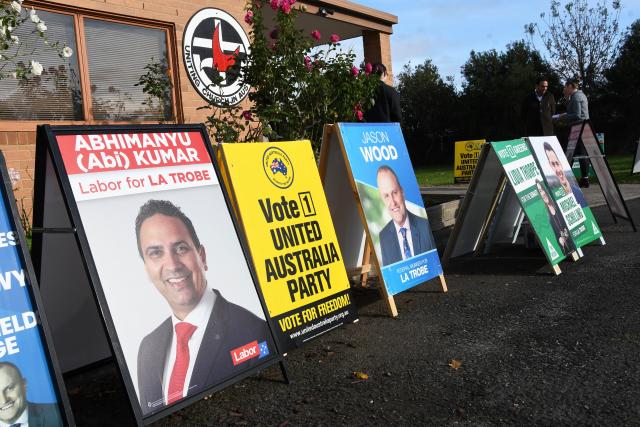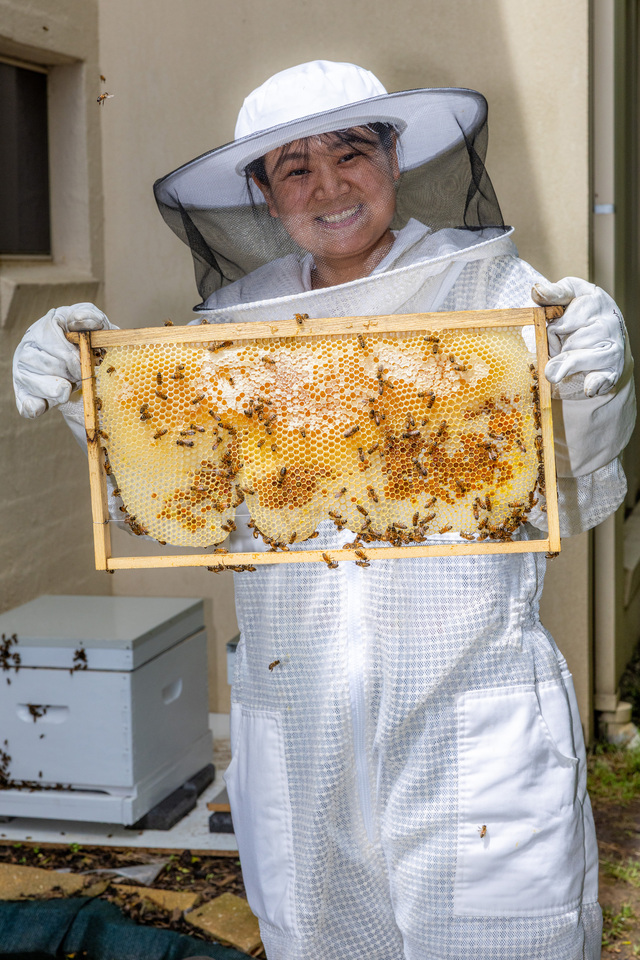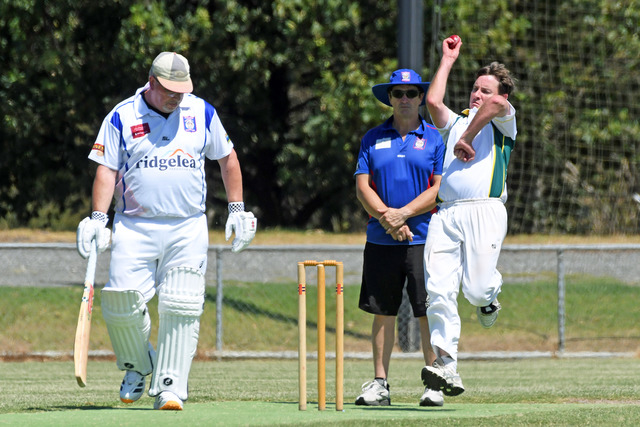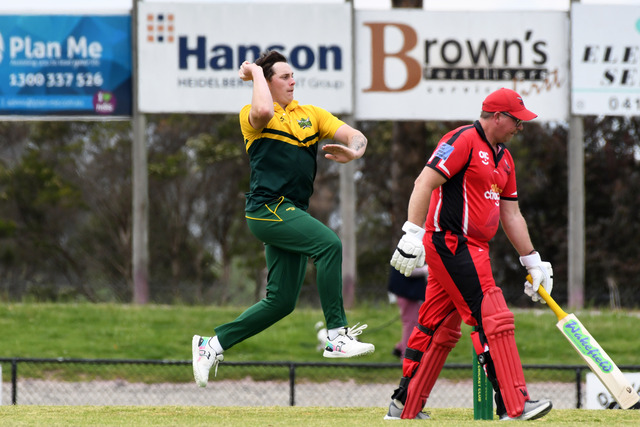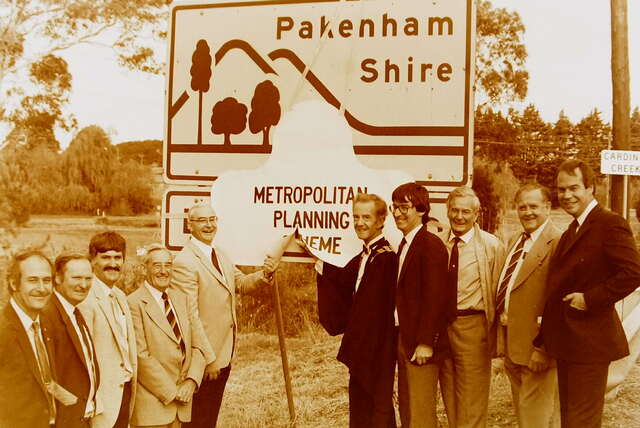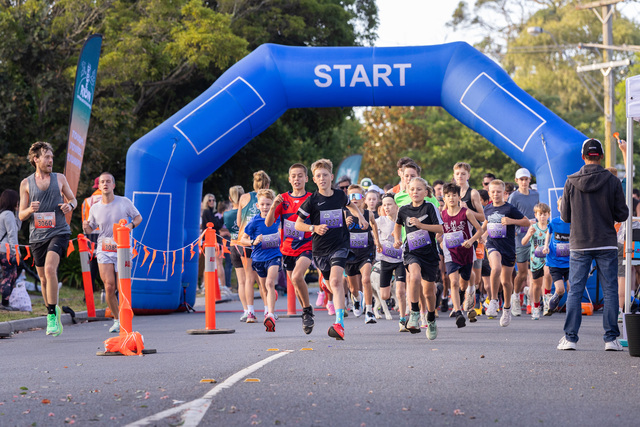The seat of Bass would have changed hands in the 2018 state election, and Labor would have picked up Pakenham, as a result of an electoral boundary redistribution, according to new data from the Victorian Electoral Commission.
The data analyses how two-candidate-preferred votes would have fallen if the 2018 state election had used the electoral boundaries that will be in place for the 2022 election.
According to the data analysis released on Monday 8 August, the Labor Party would have won the new seat of Pakenham (formerly part of Gembrook) while the seat of Bass would have been lost by Labor to the Liberals.
In 2018, the seat of Gembrook was won by the Liberal Party with a margin of 50.92 per cent, compared to the Labor Party’s 49.08 per cent.
Under the new electoral boundaries, Pakenham would have been won by Labor with 52.2 per cent against the Liberals’ 47.8 per cent.
Incumbent Gembrook MP Brad Battin is running for the seat of Berwick in the upcoming election, while other parties are yet to confirm their candidates.
The new district of Berwick is predicted to be held by the Liberals this year with a margin of 51.3 per cent compared to Labor at 48.7 per cent.
In Bass, Labor’s Jordan Crugnale won the seat with 52.39 per cent of the two-party preferred vote in 2018.
However, with the 2022 electoral boundaries, the Liberal Party would have marginally won the seat in 2018 with 50.7 per cent of the two-party preferred vote.
Ms Crugnale is stepping up for re-election in Bass, this time without the township of Pakenham in the electorate, alongside past Bass Coast mayor Brett Tessari for the National Party and past South Gippsland councillor Aaron Brown for the Liberals.
A call out for independent candidates in the seats of Pakenham and Berwick by Voices for Outer Suburbs (VOS Independents) was spotted on Twitter last week.

